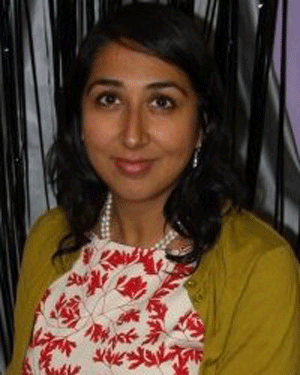
Trinity Western University’s battle over accreditation may be headed to the Supreme Court after its win this week at the British Columbia Court of Appeal. The appeal court decided in favour of the evangelical Christian school’s planned law faculty’s right to have its graduates accredited by the Law Society of British Columbia.

“I would be very surprised” if the Law Society of British Columbia didn’t appeal the decision to the highest court, says Raji Mangat, director of litigation for West Coast Legal Education and Action Fund, whose organization was one of several interveners in the case.
At issue in the case is the university’s community covenant with its students, which bans sexual relations outside of heterosexual marriage as well as abortion. In a unanimous decision, though, a panel of five judges on B.C.’s appeals court found that the negative impact on the school’s religious freedoms would be “severe,” whereas accreditation of the university’s law school would have a minimal effect on lesbian and gay rights, and therefore would not help the B.C. law society meet public interest objectives.
“The Law Society’s decision not to approve TWU’s law school is unreasonable because it limits the right to freedom of religion in a disproportionate way – significantly more than is reasonably necessary to meet the Law Society’s public interest objective,” the court wrote in a lengthy judgment.
The law societies of Nova Scotia and Ontario have also challenged TWU’s bid for recognition of its law school (now planned to open in the autumn of 2018, with 60 seats). Nova Scotia’s Court of Appeal rejected the Nova Scotia Barristers’ Society’s efforts to deny TWU’s law graduates accreditation. However, Ontario’s Court of Appeal upheld a ruling against TWU, and in response the university filed an application in September for leave to appeal that decision to the Supreme Court.
If British Columbia’s law society plans to appeal the most recent decision, “it would need to move sooner rather than later” in order to have its appeal heard together with the appeal of the Court of Appeal of Ontario’s decision, says Mangat.
Administrative law points formed much of the B.C. appeals court judgment, she suggests, as they did in the Nova Scotia Court of Appeal.
The B.C. appellate court “went through a number of the administrative arguments which were raised by TWU about process, and whether the law society had either sub-delegated unlawfully its decision-making power to its members in holding a referendum” on the case, Mangat explains. “There was also a question as to whether the law society’s home statute allows them to look beyond anything but the academic merit of a program that’s being proposed.”
The court found that the law society did have jurisdiction to consider factors other than the adequacy of an academic program in deciding whether to deny approval to a law faculty; and, that there was no improper sub-delegation of decision-making authority through the results of the referendum, she says. But, “they did find that the benchers did fetter their discretion by declaring themselves bound to follow the results of the referendum [that members of the law society voted in], but without deciding whether the law society statute allows for that sort of fettering.”
Mangat says the B.C. appellate court steered clear of discussing the aspect of sexual discrimination that West Coast LEAF had argued.
“There is … an element of sex discrimination in that covenant, as well as discrimination on the basis of marital status,” since students are prohibited from having sex outside marriage or procuring abortions.
The Law Society of British Columbia is withholding comment at present as to whether it is likely to appeal the B.C. appellate court’s judgment on Tuesday. “The BC Court of Appeal decision in the Trinity Western University law school matter adds another dimension to an already complex issue,” the law society said in an emailed statement. “The Law Society will be reviewing the decision and considering next steps.”
Amy Robertson, Associate Director, Media and Public Relations for Trinity Western University said the school was “very encouraged” by the decision.
“As Canadians, we are proud of our diversity and our pluralism, and our acceptance of people who are different. We are committed to respecting people even if we disagree on things. There are people in other countries who don’t enjoy that. And so we’re very thankful for this decision.”
Further, she says, “the [legal] decisions that have come through have been pretty clear about the fact that our covenant does not amount to unlawful discrimination. In 2001, the Supreme Court of Canada said the same [in Trinity Western University v. British Columbia College of Teachers]. If LGBTQ students would like to come to Trinity Western and sign the covenant, they are more than welcome to do so, and many do choose to come.”